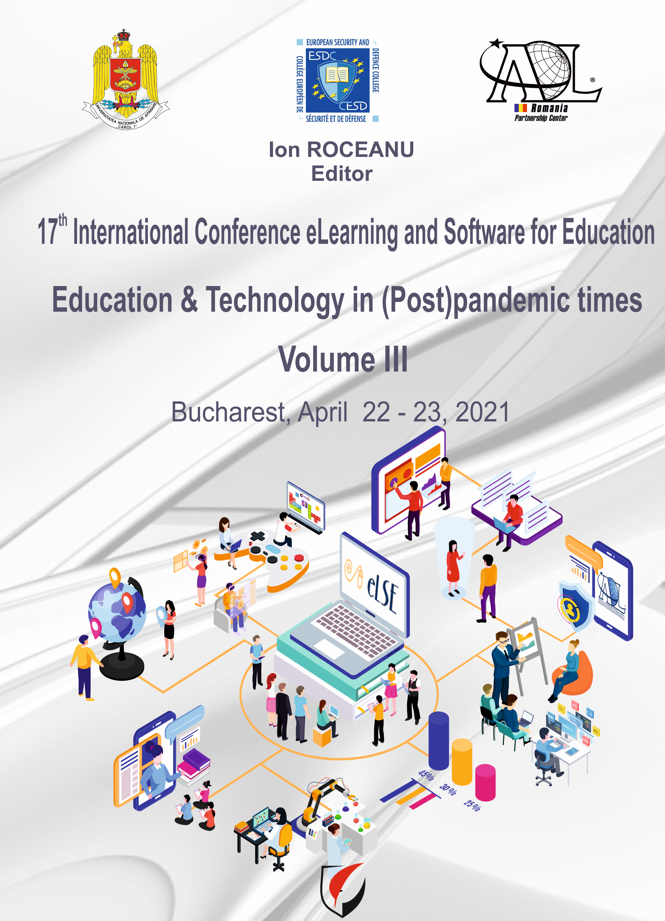ETHIC MODELS SHAPING (IM)MORAL IDENTITY IN (POST)PANDEMIC TIMES: A PROPOSAL FOR A LONGITUDINAL STUDY PROTOCOL
ETHIC MODELS SHAPING (IM)MORAL IDENTITY IN (POST)PANDEMIC TIMES: A PROPOSAL FOR A LONGITUDINAL STUDY PROTOCOL
Author(s): Andreea Iuliana Luca, Ioana PodinaSubject(s): Ethics / Practical Philosophy, Sociology, Health and medicine and law
Published by: Carol I National Defence University Publishing House
Keywords: moral identity; COVID-19; moral decision-making; ethics;
Summary/Abstract: Moral identity - defined as “a self-conception organized around a set of moral traits” - is strongly linked to moral behavior. Recent theoretical approaches showed that moral identity - the same as social identity - may be influenced both by individual differences and situational factors. In the context of the current global pandemic, several social and moral identities emerged and will continue to develop as the situation unfolds, with consequences on peoples’ moral decisions and actions. Children and adolescents may be especially vulnerable to negative consequences, who may be affected by numerous situational factors such as the emerging of polarisation concerning following rules, and it is yet unclear how this affects children and adolescents’ mental health and morality, both in the short and long term. Others’ behaviors and opinions may hold a strong effect on adolescents’ moral development, and this influence may be especially salient in the case of significant others (i.e., parents, family, peers) who have the role of ethic models in adolescents’ life. Therefore, we propose a theoretical protocol for a longitudinal study, exploring the long-term effects of others’ perceived moral identity on adolescents’ moral identity development, hypothesizing that the perception of the moral identity of ethical models is a predictor for change over time in adolescents’ moral self-identity. Longitudinal designs are widely used in literature to explore the role of both individual differences and situational factors on specific outcomes, for this reason, we propose a latent growth model, exploring the individual change in adolescents’ moral identity, in three different time points, measured every year, in the (post)pandemic context.
Journal: Conference proceedings of »eLearning and Software for Education« (eLSE)
- Issue Year: 17/2021
- Issue No: 03
- Page Range: 277-285
- Page Count: 9
- Language: English

